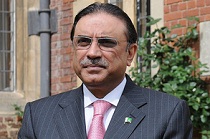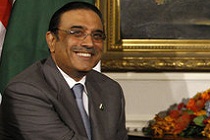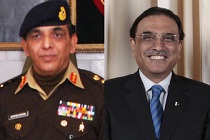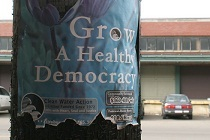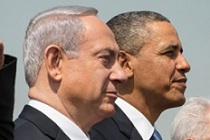Rebuttal: The civil-military equation favours the civilians
In the second round of the online debate, titled ‘The civil-military equation in Pakistan,’ Daniel Markey argues that although the power equation may not have titled completely in favour of the civilian government, today, the military’s influence in administrative affairs isn’t as strong as it previously was.

